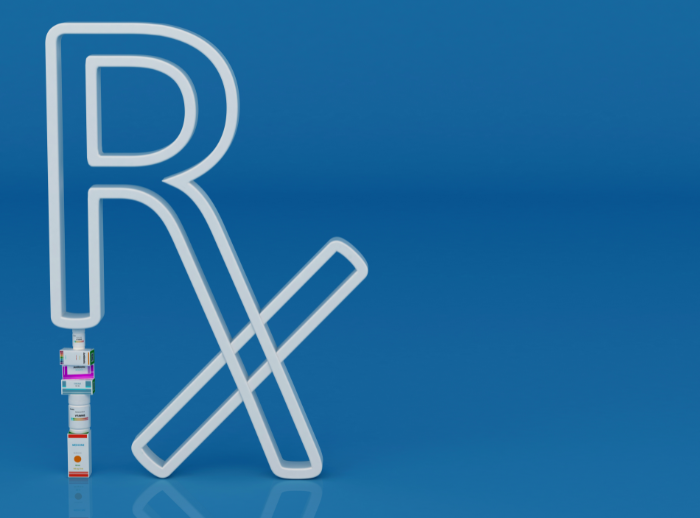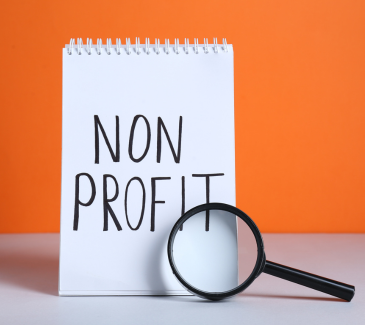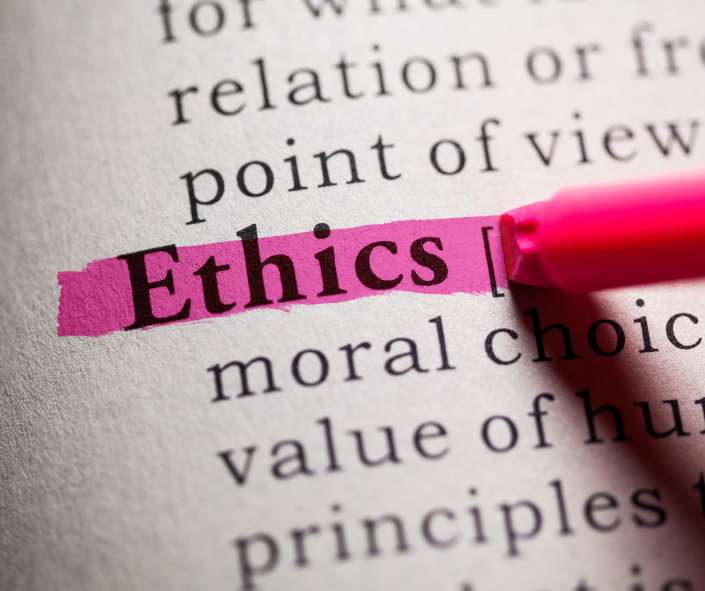Listening has become a silent superpower in a world of distractions, views, and advice. First published more than 35 years ago, Kevin J. Murphy’s Effective Listening: Hearing What People Say and Making It Work for You is a classic manual for developing this underappreciated ability. Even though the book was written before the advent of digital technology, its ideas are still relevant today in the fast-paced, technologically advanced world, particularly for professionals in the business or nonprofit sectors who must lead teams, establish trust, and work with people with different viewpoints. Here are essential lessons from Murphy’s book:
Listening is not passive; it is active.
Murphy debunks the idea that listening is a passive activity. Engagement, interpretation, and attention are all necessary for compelling listening. Asking clarifying questions, providing criticism, and paying attention to verbal and nonverbal clues are all required. “You must participate to listen effectively,” Murphy said. This realization is consistent with current communication science research highlighting the benefits of attentive listening for relationship quality and mutual comprehension.
Be aware of your filters as you listen.
Murphy points out that listeners frequently hear what they want or expect to hear rather than what is being stated. Emotional emotions, cultural viewpoints, and personal prejudices all serve as filters. Becoming conscious of these filters is one of the most critical steps in enhancing communication. For instance, a nonprofit leader who is enthusiastic about their work may unintentionally ignore donor criticism that contradicts their strategy. When they are aware of this propensity, professionals can respond instead of react.
Listening increases influence and credibility.
Whether you’re in charge of a volunteer network or a sales team, how you listen can influence how other people view your skill and compassion. Murphy underlined that effective listeners are perceived as more reliable, convincing, and solution-focused. “If you listen well enough, people will tell you everything you need to know,” he said. Stephen R. Covey’s famous maxim from The 7 Habits of Highly Effective People, “Seek first to understand, then to be understood,” aligns with this.
Silence has strength; it’s not empty.
Murphy promotes the deliberate use of quiet—not as a retreat but as a place for introspection and wisdom. When you pause at the right moment, people might open up, enrich a conversation, or disclose something unsaid. Silence in board talks or team meetings allows others to join the discussion, changing the dynamic from dominance to dialogue.
Listening enhances creativity and problem-solving skills.
Murphy’s work emphasizes how listening skills improve problem-solving, especially in collaborative settings. By sincerely listening to other viewpoints, professionals can avoid groupthink and discover fresh ideas. Innovation frequently begins with someone asking, “Tell me more,” in corporate and charity settings.
Implementing Murphy’s Concepts—Today
What relevance does Murphy’s insight have for contemporary careers, then?
Effective listening in the workplace promotes inclusive leadership, collaborative teams, and improved client relationships. The one who truly listens frequently translates into the one who truly leads, whether in internal brainstorming sessions, customer service interactions, or negotiations.
Listening in nonprofit work facilitates building community, gaining the trust of stakeholders, and comprehending the complex needs of individuals served. It can make the difference between a community-driven and a top-down endeavor.
Advice for getting started:
Ask open-ended questions and avoid the temptation to answer immediately to start meetings with a listening mindset.
To ensure you comprehend what you hear, practice reflective listening by paraphrasing it.
Establish “listening spaces” in your company where suggestions are not only accepted but also taken into consideration.
Does Murphy’s Book Have Any Use Today?
Of course. The fundamental issues still exist even if the environment has changed—email, video conferencing, and artificial intelligence tools now dominate our communication environment. They have become worse. Digital overload has disrupted our attention spans, making deliberate listening even more vital and uncommon.
Murphy’s observations align nicely with contemporary voices such as Julian Treasure (How to Be Heard) and Kate Murphy (You’re Not Listening), who contend that the capacity for attentive listening is a crucial talent for a successful profession in an era of distraction.
In summary, Effective Listening may have been developed in the past, but its principles are timeless. As the world becomes louder, the finest communicators are the best listeners, not usually the best talkers.











































































